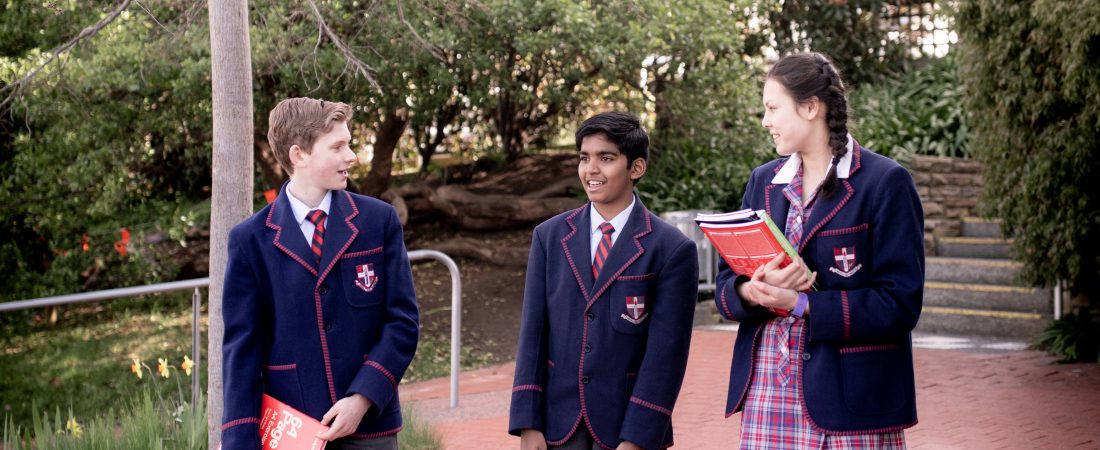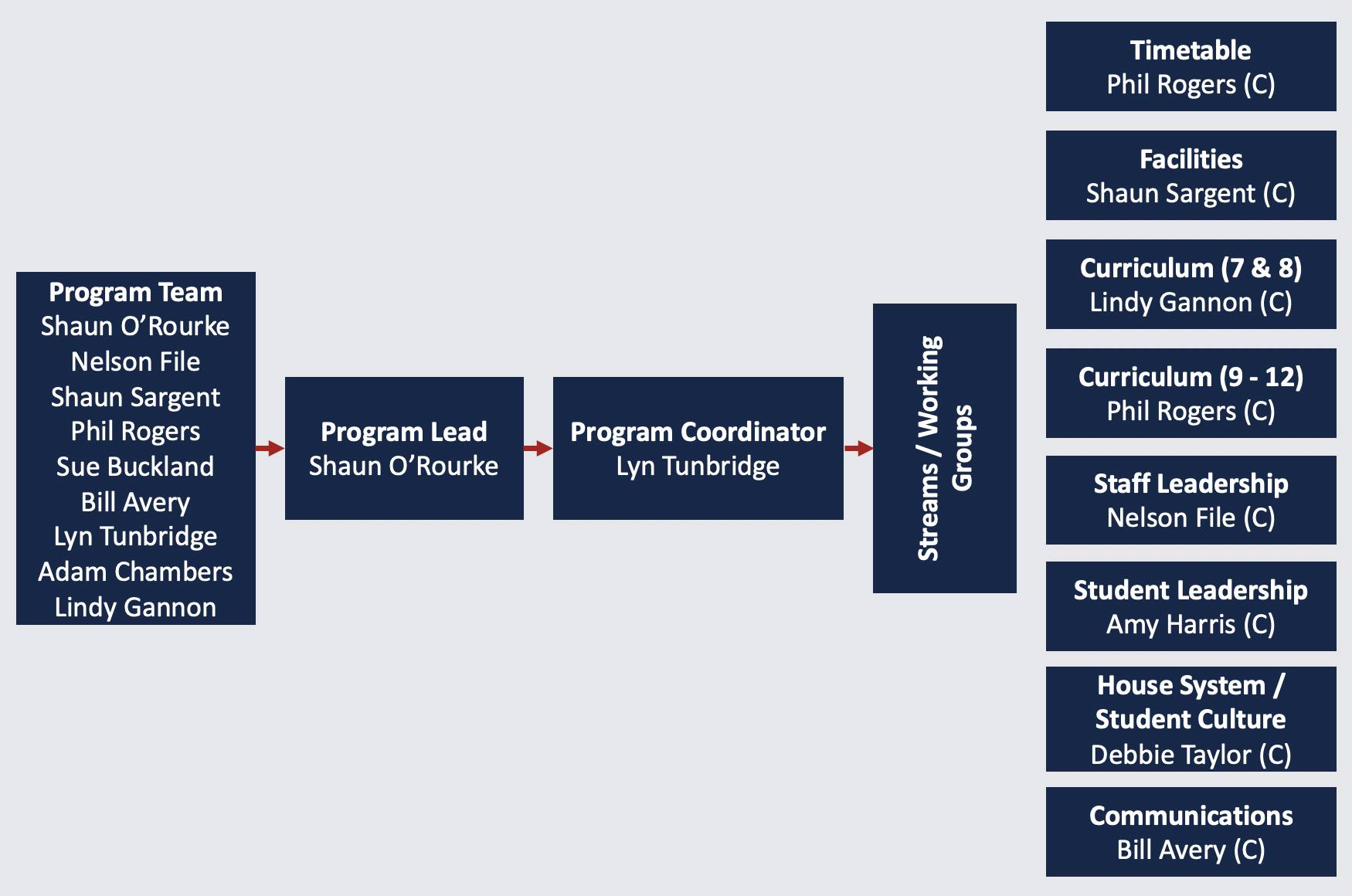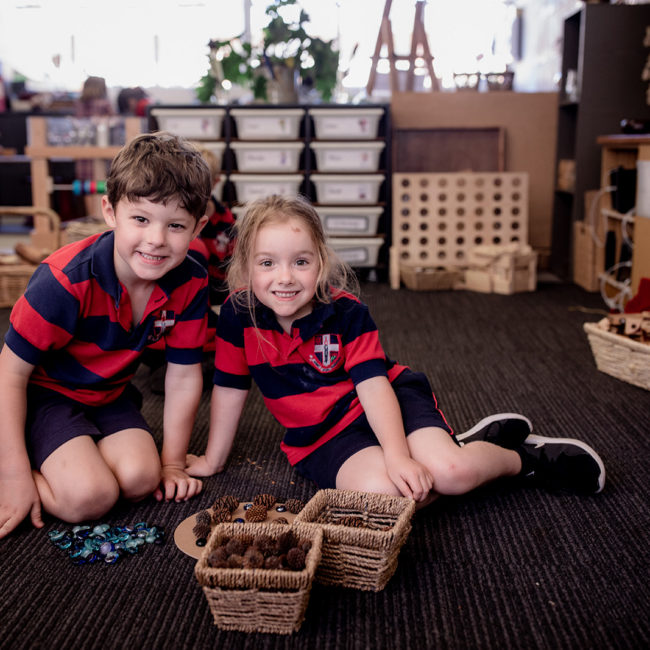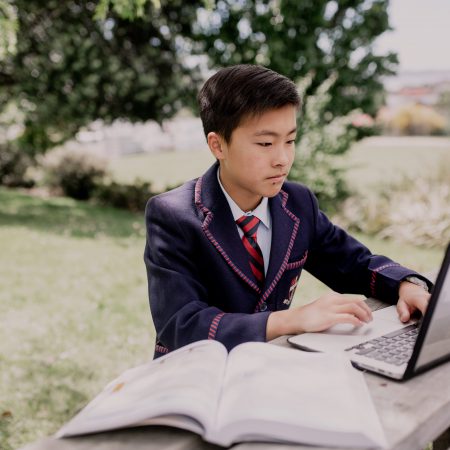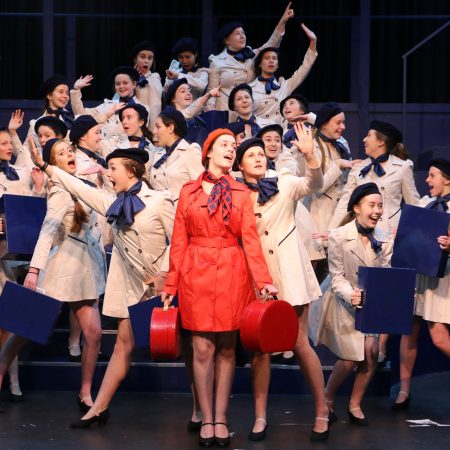Staff Leadership
- Finalise the appointment of House Leaders Years 9 to 12 (4 x staff)
- Finalise the appointment of Learning Leaders Years 7 & 8 (2 x staff)
- Consult with staff on the Library, Science and School Office structure and roles
The following organisation chart shows the structure for Heads and Deputy Heads of Campus. The chart indicates a solid reporting line as well as a dashed line where colleagues will work and collaborate regularly on key aspects of their roles to support student learning and development.
Years 7 & 8 Campus Leadership
We would like to share with you a video from our 2024 Head and Deputy Heads of Year 7 & 8 which introduces Lindy, John and Leisa and their vision and benefits of the change. Year 7 & 8 Campus Leaders Video
Years 9 to 12 Campus Leadership
Space Utilisation
Since the completion of the science room N205 on the Commercial Road Campus, the previous Facilities Working Group has evolved to a Space Utilisation Working Group. The purpose of this new group is to undertake planning and design for the reorganisation of learning and staff spaces to suit the 2024 timetable and curriculum needs. The group consists of the 2024 Heads and Deputy Heads of Campus, along with our Facilities and Grounds Manager, Director of Teaching and Learning and Deputy Principal.
The spaces for the Year 7 & 8 Campus have almost been determined and we expect the Year 9 to 12 Campus to be in a similar position in early Term 3. We have been focussing on priorities for what the School needs at the start of next year. Any minor works required will be completed over the next 6 to 12 months. In mid-2024 we plan to undertake an updated Master Planning process which will include fresh learnings from the reorganisation in the first half of 2024. We look forward to sharing campus plans and layouts in Term 3.
Year 7 to 10 Curriculum and Course Information
The Years 9 & 10 Course evening will be held Tuesday 1 August from 6:30pm to 8:30pm. Time may vary depending on the year group. There will be changes to subject choice opportunities for both year groups. Early next term we will provide video information prior to the evening. Representatives from each faculty will be available on 1 August to answer questions and there will be an opportunity to hear from Adam Chambers and Kate Baldry. Details of changes to the curriculum structure will also be communicated in the new Year 9 and 10 Coursebook.
Although the Year 7 Parent Information is not scheduled until early Term 4, we will provide specific information about the structures, curriculum and timetable over the coming weeks. Some video presentations are also being prepared to help explain the Year 7 & 8 program.
Parent / Student Tours
During Term 3, we will be hosting a number of Argyle Street campus tours for families with students in Years 7 & 8 in 2024. This will be an opportunity to also meet some of the leadership team, learn more specifics and ask questions you may have. There will be links provided to book a spot in the group tours.
House and Student Leadership Working Groups
As mentioned recently, a recommendation was supported to:
- For the current 4 houses at The Friends’ School to be K-12. (Not including FEL); and
- The 3 Primary School Houses: Cooper, Cadbury and Benson to become the Year 8 class names with 3 new names to be chosen (by the current Year 7 students).
Throughout Terms 3 and 4, these groups, along with the newly appointed Heads and Learning Leaders, will collectively advance planning to implement the above changes for the start of 2024.
